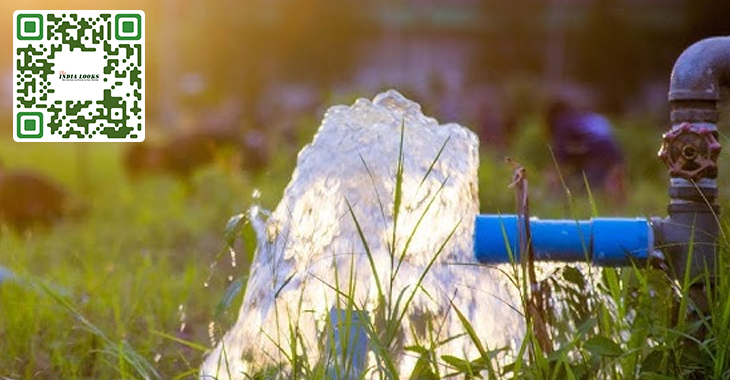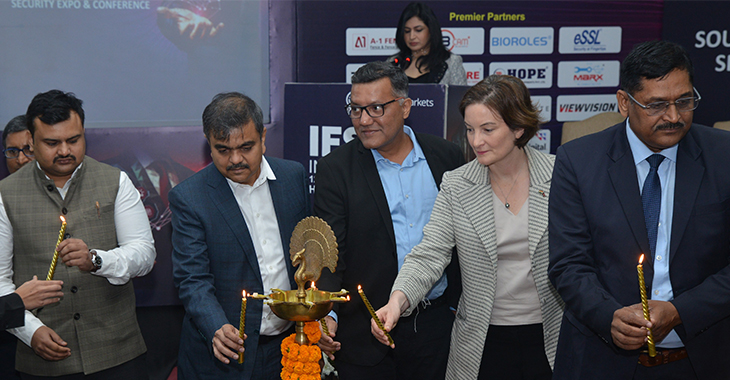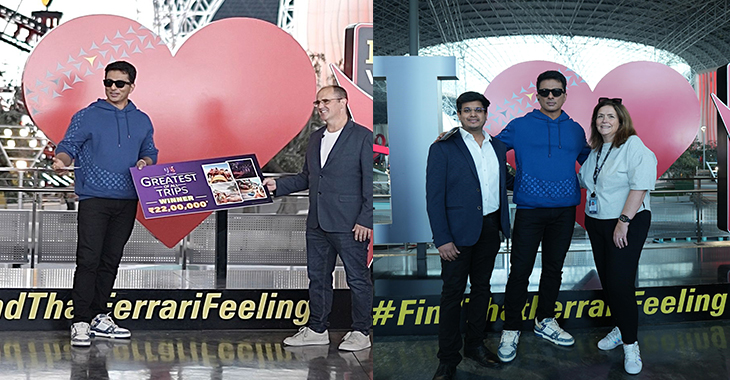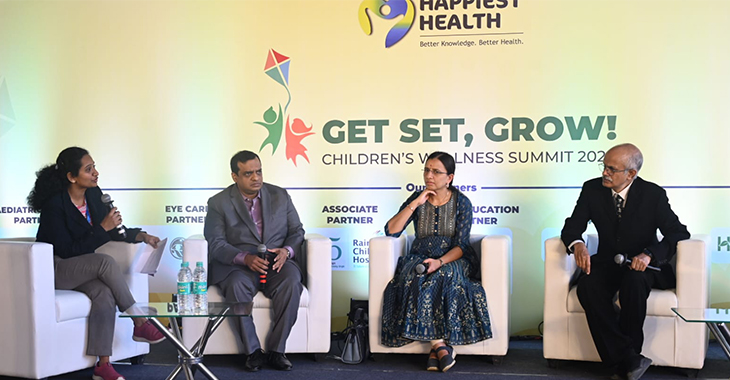Blooming Hearts Pre-School: A Heartfelt Thank You for an Exciting Field Trip

It sounds like a fun trip for the kindergarten kids to the HAL Aeronautical Museum! Such field trips can be very educational, as children get to learn about aviation, aircraft, and the history of aeronautics in a hands-on environment.
The museum is located in Bangalore, India, and showcases a range of aircraft, helicopters, engines, and other aviation-related displays, providing a wonderful learning experience for kids.

The school kids went on an exciting field trip to the HAL Museum on December 17th, 2024! The HAL (Hindustan Aeronautics Limited) Museum in Bangalore is a fascinating destination, especially for students interested in aviation, aerospace technology, and history.
During their visit, the children have explored:
Various Aircraft Displays: The museum features retired aircraft, including fighter jets, helicopters, and transport aircraft. Kids might have enjoyed seeing the different shapes and sizes of the planes up close.
Cockpits and Simulators: Some museums have interactive sections where kids can sit in the cockpit of a real or replica aircraft and imagine themselves as pilots.
Learning About Aviation: Kids can learn about the importance of flight, the history of airplanes, and the role of the Indian aerospace industry. The museum might have special sections designed for children to make the learning process fun and engaging.
Picnic Time: After the educational portion, they could have enjoyed some time outdoors in the museum’s picnic area, where they could have relaxed, played, and shared snacks with their friends.

This type of trip allows young children to explore their curiosity and develop an interest in science and technology, especially in the field of aviation. If you need help planning such trips or looking for ways to make them more fun, feel free to ask!
Field trip provide children with experiential learning opportunities by connecting classroom learning to the real world.
Absolutely! Field trips are an incredible way to provide children with experiential learning opportunities, bridging the gap between theoretical knowledge in the classroom and real-world experiences.
Here’s how they contribute to a child’s education and development:
1. Active Learning
Field trips engage children in hands-on experiences, allowing them to actively participate rather than passively receiving information. This helps in better retention of knowledge because the children can see, touch, and experience the subject matter firsthand.
For example, during a visit to the HAL Aeronautical Museum, students can explore aircraft and aviation technology up close, which connects directly to lessons about science, flight, and engineering.
2. Real-World Connections
Classroom lessons can sometimes feel abstract, but when children are able to see how concepts apply in the real world, they develop a deeper understanding.
Science concepts like aerodynamics or the engineering behind aircraft become clearer when students can observe actual aircraft, engines, and even flight simulations in a museum setting.
3. Building Curiosity and Critical Thinking
Field trips spark curiosity and allow children to ask questions and think critically about what they observe. Instead of just being taught facts, they can observe, inquire, and discuss what they see.
At a museum, for instance, students might ask questions about how planes fly, how helicopters work, or what different types of aircraft are used for.
4. Cultural and Social Development
Field trips often provide opportunities for children to interact with their peers and adults outside of the classroom, helping them develop social skills.
They also allow students to experience different environments, which can increase their cultural awareness and sense of community, especially if the trip takes them to new places or involves historical or scientific sites.
5. Enhancing Teamwork and Collaboration
When students go on field trips in groups, they often need to work together and share experiences. This helps foster teamwork, as they might need to follow instructions together, share resources, or solve problems in a group setting.
For example, on a picnic after the museum visit, they might share their observations, play together, or help each other understand what they’ve learned.
6. Boosting Engagement and Motivation
Field trips can make learning more exciting and engage students who may not respond as well to traditional classroom activities. The excitement of a real-world experience can inspire them to learn more about subjects that they encounter on the trip.
Seeing the real-world applications of what they learn can motivate students to take a deeper interest in subjects like science, history, or technology.
7. Inspiration for Future Learning
A field trip like the one to an aeronautical museum may inspire children to learn more about aviation or engineering. They may develop a new interest or passion that could influence their future education or career paths.
8. Physical and Emotional Development
Field trips often involve walking, exploring, and interacting with new environments, all of which contribute to physical development.
Being out of the usual school setting can also provide emotional growth, as children learn to manage excitement, navigate unfamiliar environments, and follow rules in different settings.
9. Fun and Enjoyable Experience
Finally, field trips are just fun! They give students a break from their usual routine and provide a memorable, enjoyable experience that can enhance their connection to the subject matter. Happy memories from a field trip often stay with children long after the visit.

By providing opportunities for children to explore, engage, and learn in dynamic, real-world settings, field trips serve as a powerful educational tool that complements and enriches classroom learning. They promote curiosity, learning through experience, and a deeper understanding of the world around them.
Finally, We would like to extend our sincere gratitude to Founder & Principal Arundhati Madam, and all the teachers and staff who worked tirelessly to make the recent field trip a great success. Your dedication, hard work, and careful planning ensured that the students had a fun, educational, and memorable experience.
We appreciate your commitment to the growth and development of our children, and we are truly grateful for the time and effort you invested in making this trip possible. Thank you for your continued support and for always going above and beyond for the students.


















